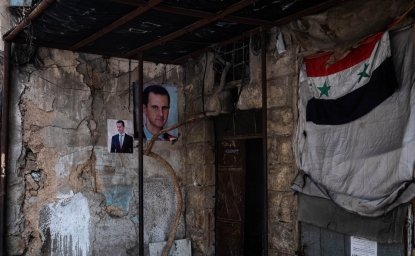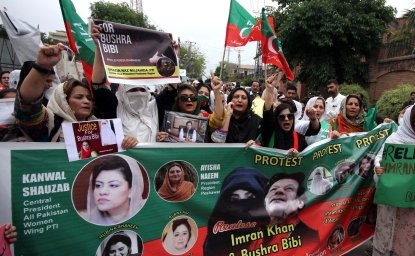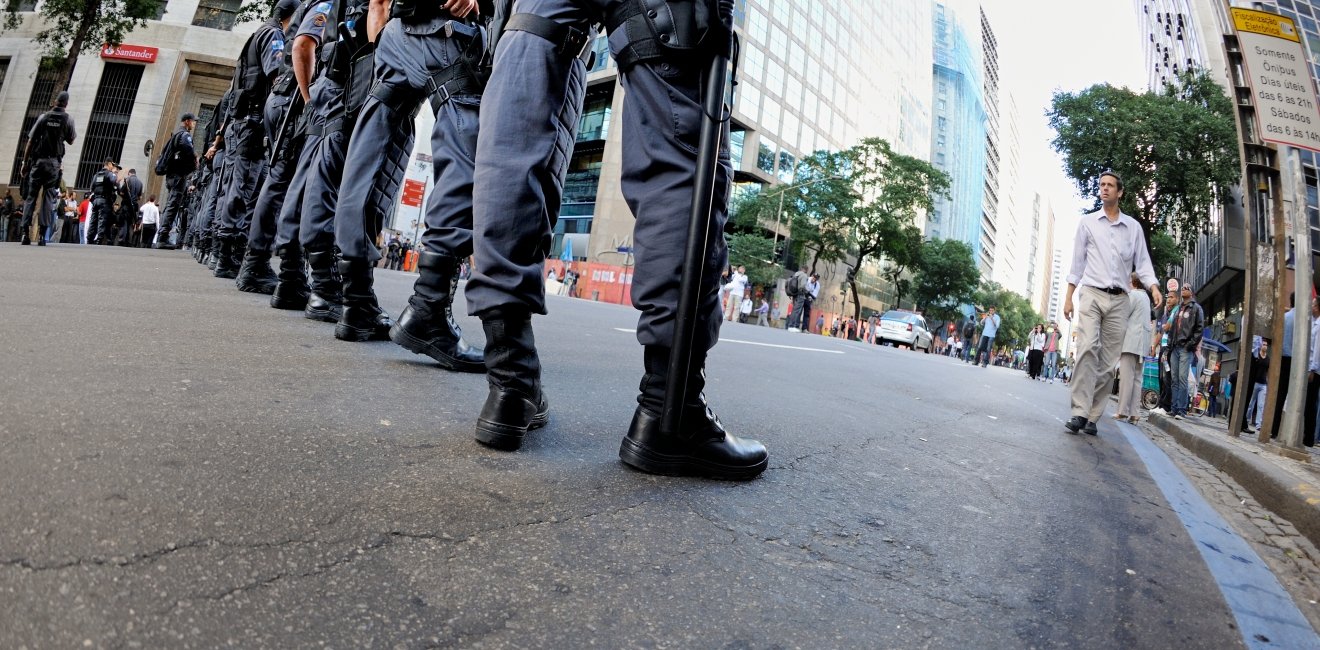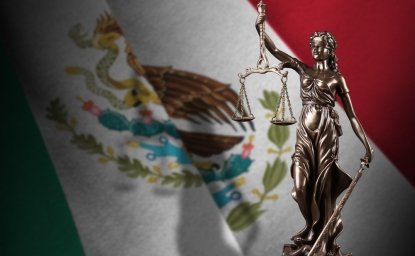In 2018, much of the discussion surrounding public security in Brazil has centered on Rio de Janeiro. The debate concerning the federal military intervention in Rio due to security issues—in addition to the international and domestic coverage of the assassination of local council woman Marielle Franco—have made the city the “face” of public security issues in Brazil. However, problems of public security and violence are systemic in Brazil, and extend far beyond the limits of Rio de Janeiro.
Over the last decade (2006-2016), an estimated 553,000 people died as victims of intentional violent crime, amounting to roughly 150 people daily. Although these violent crimes occur in all parts of Brazil, they are distributed unequally—both geographically and demographically. In 2016, the seven states with the highest rates of violent deaths in the country were located in the less developed North and Northeast regions. In addition, violence in Brazil disproportionately affects youth and minority groups.
Within the context of the upcoming elections, the issue of public security serves as an area of stark division between candidates. The current candidates differ greatly in their opinions regarding both the roots of and possible solutions for violent crime, citing diverse topics as education, social and economic inequality, gun control, military intervention, and drug policy. This wide array of opinions—the perception and fear of widespread violence that has developed within the collective consciousness of the Brazilian public—will place the issue of public security at the forefront of many voters’ minds, making it an important and potentially decisive issue.
Click here to return to Understanding the Issues.
Authors

Department of Government, Georgetown University


Brazil Institute
The Brazil Institute—the only country-specific policy institution focused on Brazil in Washington—aims to deepen understanding of Brazil’s complex landscape and strengthen relations between Brazilian and US institutions across all sectors. Read more

Explore More
Browse Insights & Analysis
Assad's Reign Ends: Rebel Forces Overthrow Decades-Long Rule in Syria

Political Turmoil in Pakistan: No End in Sight



